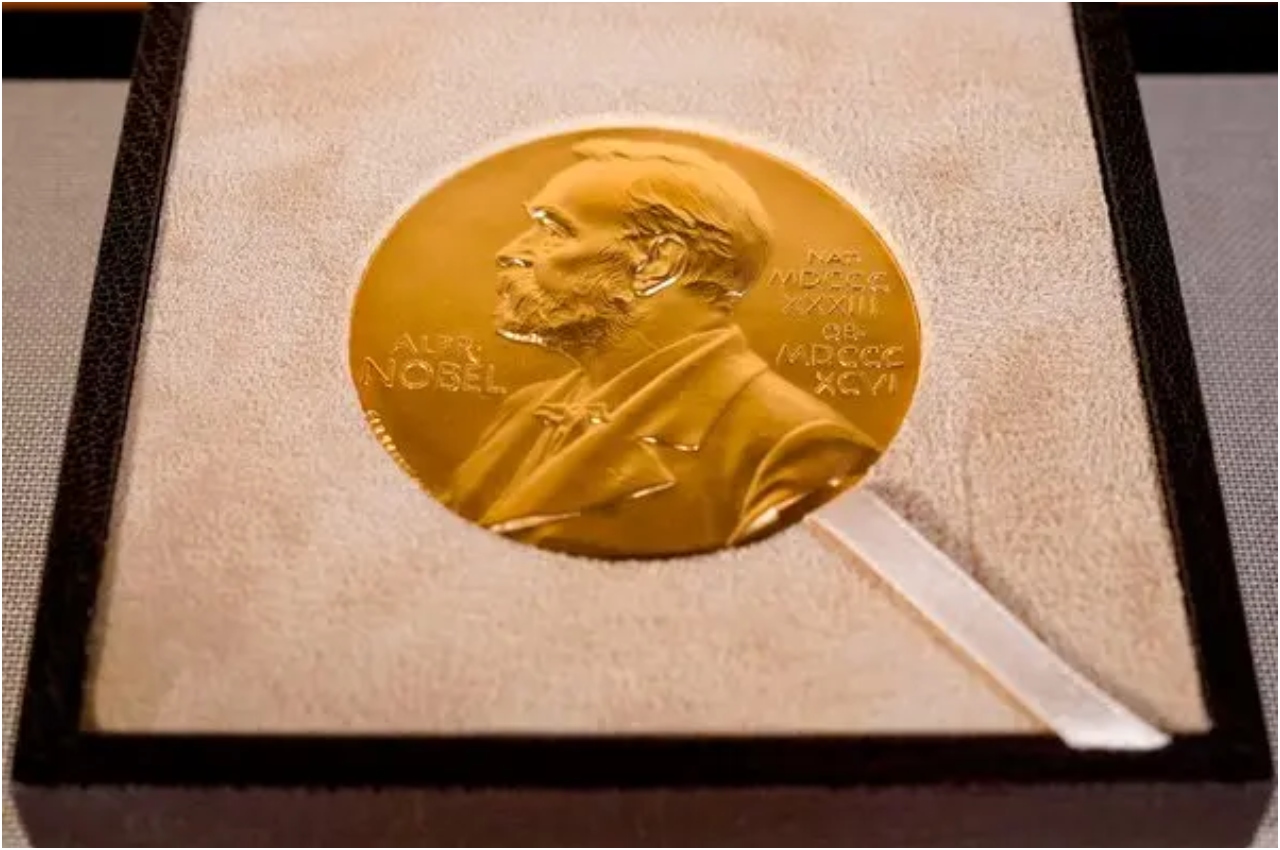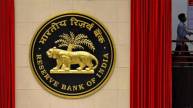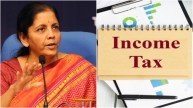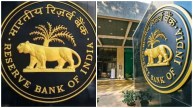New Delhi: Ben S. Bernanke, a former chair of the U.S. Federal Reserve, and two economists from the United States, Douglas W. Diamond and Philip H. Dybvig, have each been given this year’s Nobel Prize in economic sciences “for studies on banks and financial crises.”
The Royal Swedish Academy of Sciences in Stockholm hosted the Nobel committee on Monday, when they revealed the winner.
The group claimed that their research had demonstrated “why avoiding bank collapses is crucial.” According to the panel, the laureates’ early 1980s research lay the groundwork for regulating financial markets and handling financial crises.
The 68-year-old Bernanke, who currently works with The Brookings Institution in Washington, D.C., looked into the Great Depression of the 1930s and shown how risky bank runs, which occur when anxious savers withdraw their accounts, can be.
Diamond, 68, of the University of Chicago, and Dybvig, 67, of Washington University in St. Louis, demonstrated how deposit guarantees from the government might stop financial crises from becoming out of control.
“The laureates’ insights have improved our ability to avoid both serious crises and expensive bailouts,” said Tore Ellingsen, chair of the Committee for the Prize in Economic Sciences.
When investors caused the fall 2008 financial panic, their study became enormous practical significance.
The Treasury Department and Bernanke, the former head of the Fed, collaborated to support big banks and ease a credit crunch, which is essential to the economy.
He put up unheard-of lending initiatives, reduced short-term interest rates to zero, and oversaw the Fed’s purchases of mortgage and Treasury securities. All of those actions strengthened large banks and reassured investors.
Additionally, they caused long-term interest rates to reach record lows and sparked harsh criticism of Bernanke from 2012 Republican presidential hopefuls, who said that the Fed was damaging the value of the dollar and increasing the likelihood of inflation in the future.
The Fed’s activities under Bernanke gave the central bank previously unheard-of levels of power. They failed to stop the worst and longest recession since the 1930s.
In retrospect, however, the Fed’s actions were credited with saving the banking sector and preventing a new depression. The 10 million Swedish kronor (almost $900,000) cash prize for the Nobel prizes will be awarded on December 10.
The Economics Prize was established by the Swedish Central Bank in Alfred Nobel’s honour, not by his will, which established the other prizes, in 1895. In 1969, the first winner was chosen.
David Card received half of the prize last year for his analysis of the effects of immigration, education, and the minimum wage on the labour market.
Joshua Angrist and Guido Imbens each received half of the prize for their suggestions on how to examine problems that don’t readily lend themselves to conventional scientific approaches.
Oct. 3 saw the start of a week of Nobel Prize announcements when Swedish scientist Svante Paabo was given the prize in medicine for revealing Neanderthal DNA’s hidden information that was crucial for understanding our immune system.
The physics award was shared by three experts on Tuesday. A phenomenon known as quantum entanglement, which may be utilised for specialised computing and to encrypt information, was demonstrated by the Frenchman Alain Aspect, the American John F. Clauser, and the Austrian Anton Zeilinger.
The American scientists Carolyn R. Bertozzi and K. Barry Sharpless, as well as the Danish researcher Morten Meldal, were given the Nobel Prize in chemistry on Wednesday for creating a method of “snapping molecules together” that can be used to explore cells, map DNA, and create drugs that can more precisely target diseases like cancer.
The recipient of this year’s Nobel Prize in literature is the French author Annie Ernaux. Her books that bravely draw on her experiences as a working-class woman to examine life in France during the 1940s were praised by the panel for skillfully fusing fiction and autobiography.
Ales Bialiatski, a jailed human rights activist from Belarus, Memorial, a Russian organisation, and Center for Civil Liberties, a Ukrainian organisation, all received the Nobel Peace Prize on Friday.










